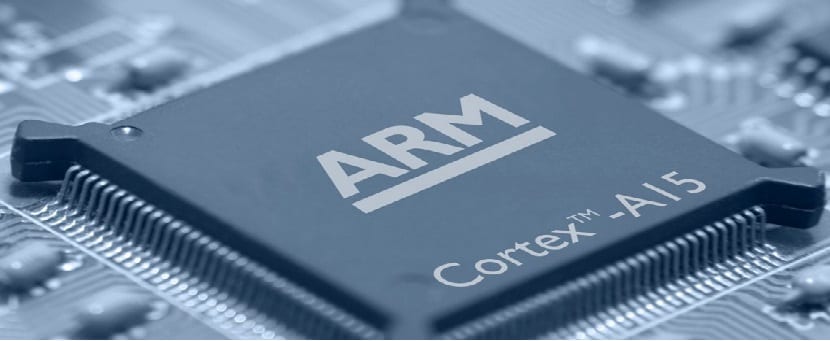
The ARM processors have a relatively simpler architecture than other processor families and benefit from low power consumption. In recent years, have become dominant in the field of embedded computing, in particular mobile phones and tablets.
However, for Linus Torvalds and some others, this architecture will not be able to prevail in the server family. To justify your position, Linus Torvalds has given arguments such as the high level of fragmentation in the ARM ecosystem and systems designed under these processors, the various hardware configurations, compatibility limitations and sometimes, very high implementation costs.
Linus Torvalds had once said in October 2016 that the openness and scope of the x86-based hardware (PC) ecosystem is unmatched, while the ARM ecosystem remains fragmented.
"The instruction set and the CPU core are not very important," said Torvalds. “It's a factor that people tend to focus on, but what's important is the infrastructure available around the instruction set. And x86 provides this infrastructure on many levels, "he said.
Therefore, it says that servers that had some complications with the ARM architecture are mostly software development problems.
Each chipset has its own architecture, network, and I / O characteristics, so each configuration must have its own piece of software in order to take advantage of these characteristics.
This restriction significantly slowed down the adoption of ARM on servers. In contrast, the x86 architecture does not suffer from these compatibility limitations and continues to dominate the server market, he says.
ARM is not prepared for the big leagues
This year, in an email sent to the community on February 21, he returns to the topic and states once again that ARM will not gain space in the server market.

Their arguments are that ARM servers are not suitable for most developers Due to the myriad stability problems, they are expensive and time consuming.
In his email, he explains, on the one hand, that the advantage of ARM processors in terms of power is just a broad theory and, on the other hand, that the deployment of such servers does not benefit energy companies or providers.
This is what he writes about the cost of implementing ARM servers:
“The ARM price advantage will never exist unless you get enough volume to offset Intel's huge server volume advantage.
Being a small die with an NRE (non-recurring engineering means the one-time cost of researching, designing, developing and testing a new product or product improvement) cheaper does not matter, when development costs cannot be compensated in volume .
Look at every ARM server offering so far, they were not only slower but also more expensive, ”he wrote in his email.
According to him, it is because of these few reasons that x86 far outstrips ARM in the server market.
ARM is for the end user only
Another problem one user points out is that ARM servers tend to be used for small projects and are often not suitable.
Although some large companies find them attractive, the currently available ARM servers are not suitable for most developers.
Others point out disadvantages such as: the difficult measure of ROI (return on investment), the small ARM architecture ecosystem, availability and implementation issues and so on.
He believes that software problems will likely be the main immediate concern.
While many popular services will run on ARM servers, but there will be problems with software support. They are not enough, to simply transfer items to new hardware, one must make sure everything is working properly to avoid any performance issues or failure.
In other words, the ported software must be stable and tested in these types of environments.
In a way he is right. But looking at the security flaws on the x86 platform, I think if ARMs do good handwriting they can earn a slice of the pie.